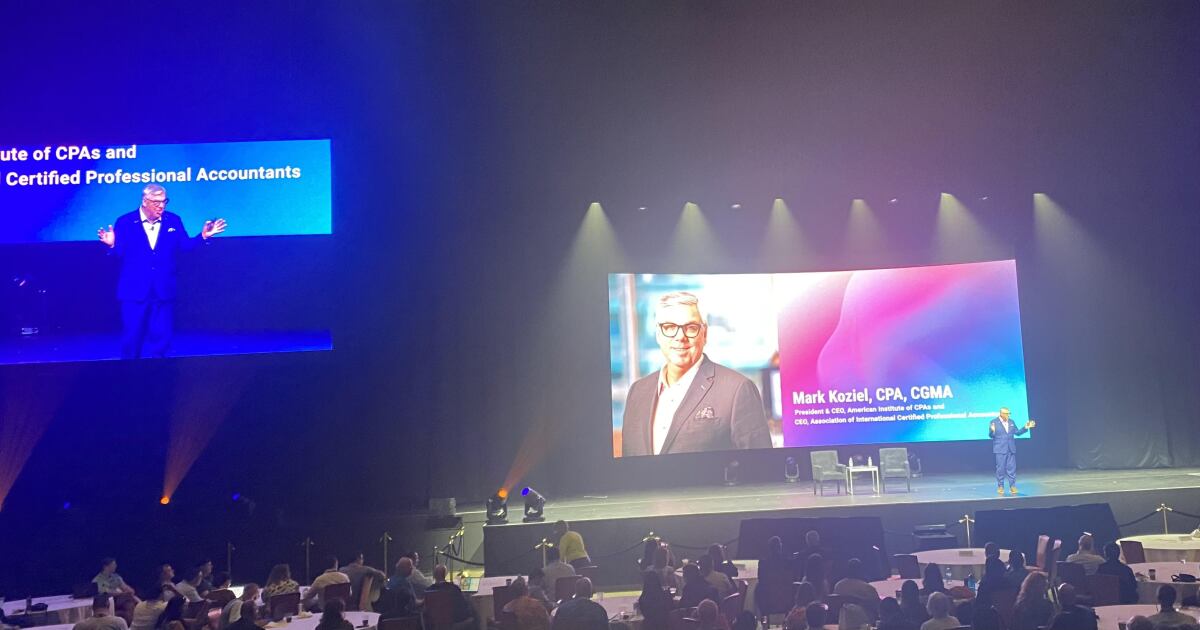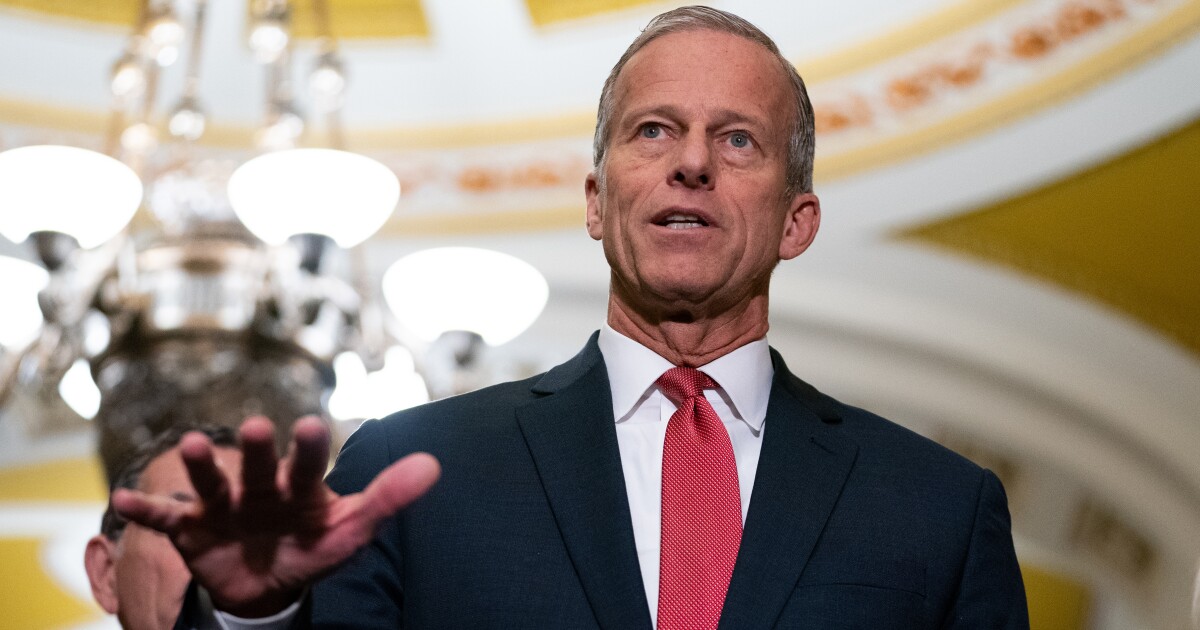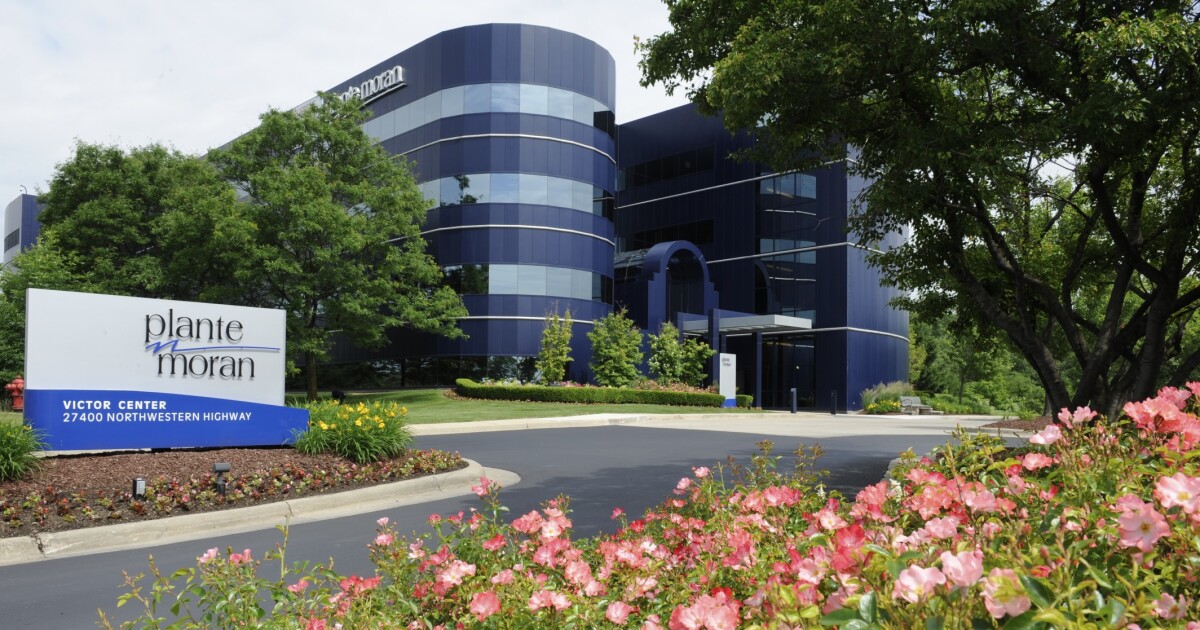Even as accountants worry about a host of pressing issues, there are strong reasons to be optimistic about the future of the profession, according to Mark Koziel the president and CEO of the American Institute of CPAs.
“We’ve had issues coming at us for decades, and in each and every instance we’ve tended to thrive,” he added.
As an example, he cited the long list of technological developments that were all supposed to take accountants’ jobs, from the desktop calculator and the personal computer, to Excel and blockchain — all of which ended up only helping to make accountants more productive.
“Every time, there’s a new development in technology, they want to put us out of business,” he joked.
And even in times of economic uncertainty, accountants have an edge: “Typically, we are the last to fall into a recession, and the first to come out of them, because as companies come out of a recession, they turn first to their CGMAs and their CPAs for help.”
With all that in mind, he noted that he wanted to change the title of his keynote from “Professional Issues Update” to “Professional Opportunities Update,” before diving into a wide-ranging discussion of the most important major trends and developments affecting accountants.
Among the areas he discussed were:
1. Changes at the IRS. The tax agency was able to make it through the spring filing season with service levels that were relatively consistent with previous years — but that may not be true in the fall, Koziel warned, as retirements and layoffs that were delayed to help the service make it through April 15 have gone into effect.
“In the heat of busy season this spring, there were all kinds of rumors and hearsay about what was happening at the agency, and we put out a press release just to members to say, ‘Please, stop reading the headlines. We talk to the IRS regularly, and as far as we can tell, service levels will be consistent with the past few years,’ and we were right. Members coming out of busy season said the same thing,” Koziel explained. “I don’t know that we can say that going into the fall busy season — the IRS has even fewer people than they had before.”
2. The fate of the PCAOB. As passed by the House of Representatives, the Trump administration’s “Big Beautiful Bill” includes a provision that would scrap the Public Company Accounting Oversight Board and roll up its functions into the Securities and Exchange Commission.
“We are having a lot of discussion about what the SEC/PCAOB thing will look like,” Koziel said. “It is still being discussed as the bill goes into the Senate side. I’d say it’s pretty likely. I don’t care if the PCAOB stays or if what it does rolls up into the SEC — but what an incredible opportunity for us to have a say in how inspections are done, and so on. The SEC, too, would like to look at things differently.”
“The inspection rules were written 20 years ago, and when we talk about audit transformation, we need to make sure those inspections match up with what we’re doing,” he added. “This is an incredible opportunity to do that.”
3, Private equity. While many are concerned about how the influx of PE money into the profession will reshape accounting — and Koziel was adamant about making sure that it doesn’t compromise quality, particularly in audit — he said firms need to be able to find the model that works for them, and that PE can teach some valuable lessons.
“What can we learn from private equity?” he asked. “Partner accountability. As much as we’ve talked about it, our governance never really allowed for partner accountability to occur in firms. It’s very true in PE that there’s partner accountability.”
4, Tariffs: Almost all business leaders (90% in the second quarter of 2025, according to a recent AICPA survey) believe that tariffs are creating business plan uncertainty — which creates an opportunity for accountants to offer meaningful guidance to clients, as they have in many previous eras of uncertainty.
“This is like the Paycheck Protection Program at the beginning of COVID — we take complex things and make them simple,” Koziel said. “Let’s stay on top of this and communicate with our clients on a regular basis.”
5. Staffing: AICPA chair Lexy Kessler, who joined Koziel in his keynote, reported that undergraduate enrollments in accounting are up for the third quarter in a row, a welcome development after years of serious concern about the profession’s pipeline shortage.
“We’re seeing results, but we’re not done yet,” she warned. “We need to keep our foot on the gas.”
Increased compensation for younger accountants and an uncertain economic environment have helped with the boost, but that isn’t all, Kessler said: “There’s some shifting in the marketplace — accounting has job stability, pay is looking better, students are seeing people from the profession out in classrooms, and they’re saying, ‘I had no ideas that’s what accountants do.'”
“I encourage everyone to change the story they’re telling,” she told the audience. Talk about the impact you have, not all the work it takes to make that impact.”
Koziel added some valuable advice for firm leaders from his time working at a Buffalo-based CPA firm in the 1990s: “When I was in charge of recruiting, I’d ask our partners, ‘Is this firm the right place for your kids?’ And if it’s not, fix it.”


 Blog Post1 week ago
Blog Post1 week ago
 Personal Finance1 week ago
Personal Finance1 week ago
 Economics1 week ago
Economics1 week ago
 Economics1 week ago
Economics1 week ago
 Economics4 days ago
Economics4 days ago
 Finance4 days ago
Finance4 days ago
 Economics4 days ago
Economics4 days ago
 Economics4 days ago
Economics4 days ago












